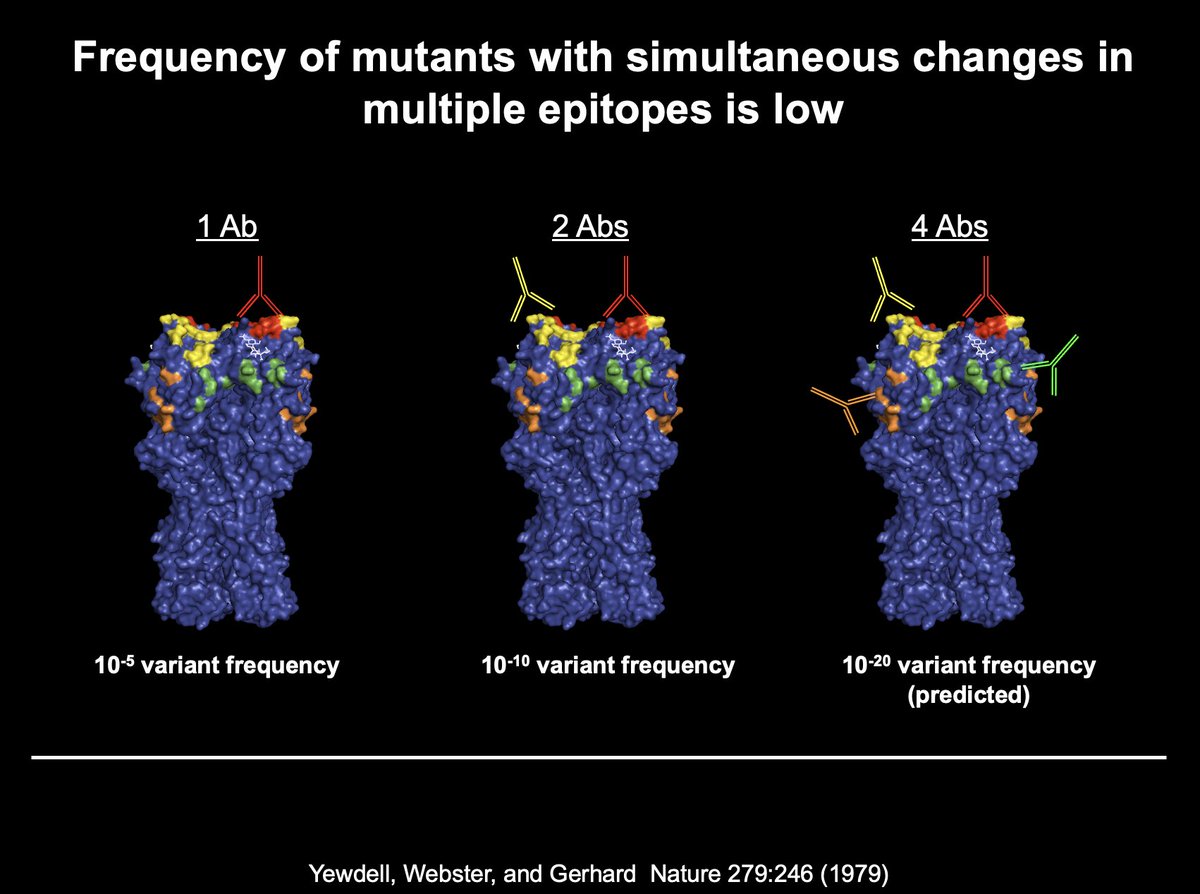
I’m a scientist and I have 2 kids that are between 5 and 11 years old. I respect that some parents have concerns about COVID-19 mRNA vaccines for their young children. Here is a short thread why my wife and I decided to vaccinate both of our kids last week. (1/8)
A lot of my thoughts have been captured by my great colleagues Jeff Gerber and @DrPaulOffit from CHOP in this short editorial published yesterday in Science. Please read this if you haven’t already: (2/8)
science.org/doi/10.1126/sc…
science.org/doi/10.1126/sc…
As a society, we will eventually need to realize that all of us will be exposed to SARS-CoV-2 sometime during the next few years. The virus will continue to circulate and there is no escaping it unless you do not interact with humans. (3/8)
So our kids most likely will all be exposed to SARS-CoV-2 at some point. The question is: do you want your kids to first encounter SARS-CoV-2 in the context of a viral infection or via mRNA vaccination? (4/8)
The data are clear on this: the risk from SARS-CoV-2 infection is much higher than vaccination. For example, the risk of myocarditis is higher from infection compared to vaccination. (5/8)
For me, it is that simple. The benefit of vaccination outweighs any theoretical risk, because our kids will be infected (sooner or later) with SARS-CoV-2 if they are not vaccinated. (6/8)
The Gerber/Offit article also discusses how COVID-19 has affected social and emotional development of children. Kids need to be together, without masks, wrestling around and doing the things kids like to do. And COVID-19 vaccines are the safest way to let this happen. (7/8)
I don’t think these vaccines should be mandatory for kids at this point. But for my wife and I, eliciting immunity in our children via vaccination instead of infection makes a lot of sense. (8/8)
• • •
Missing some Tweet in this thread? You can try to
force a refresh










